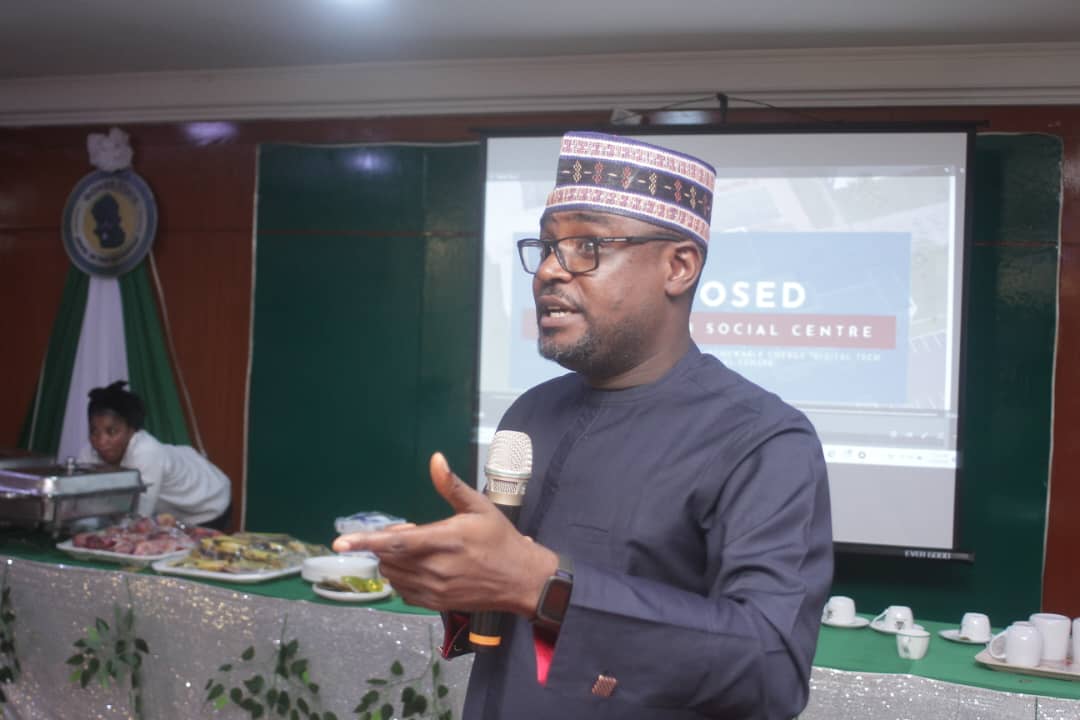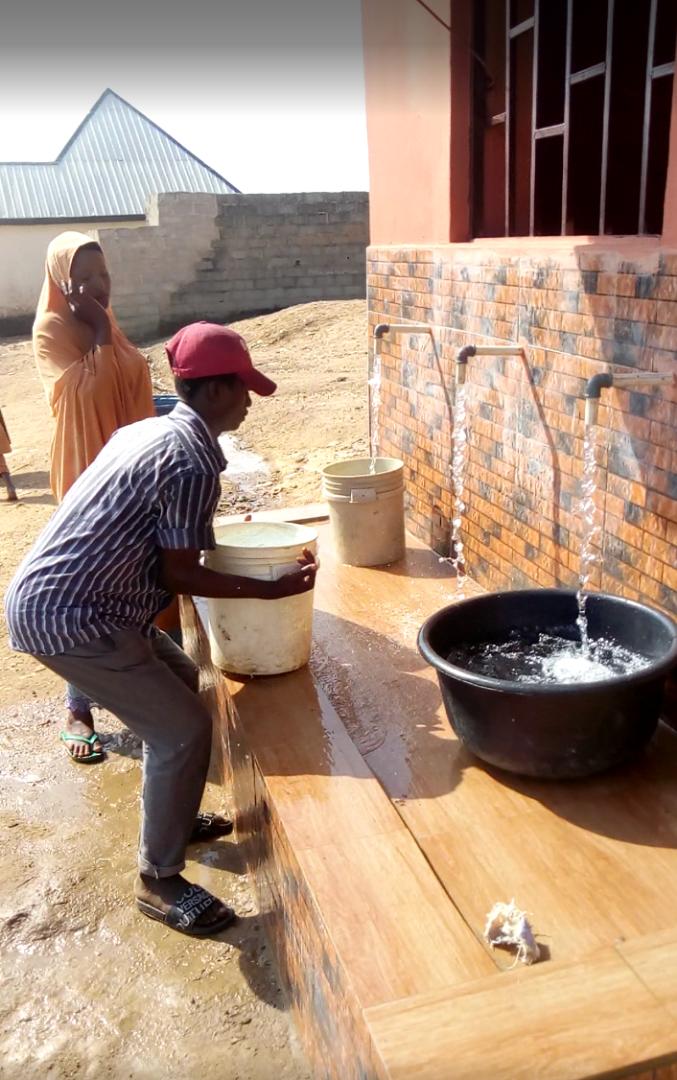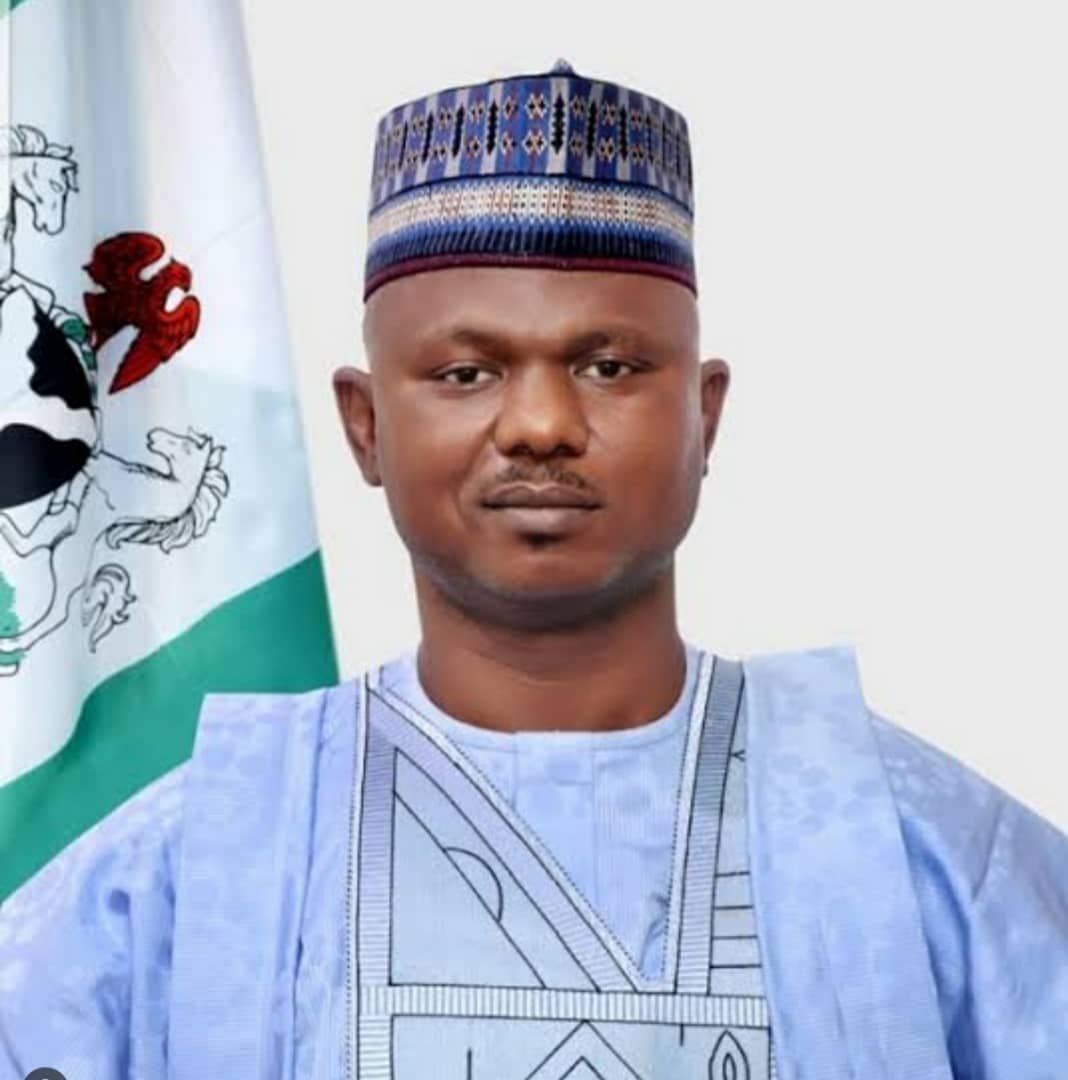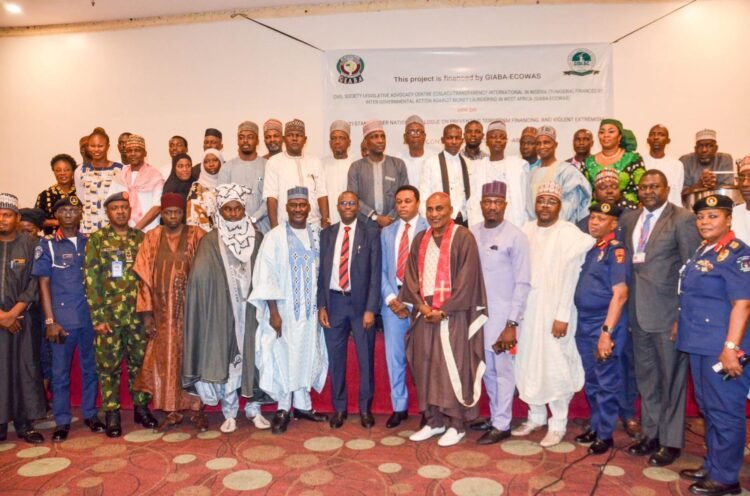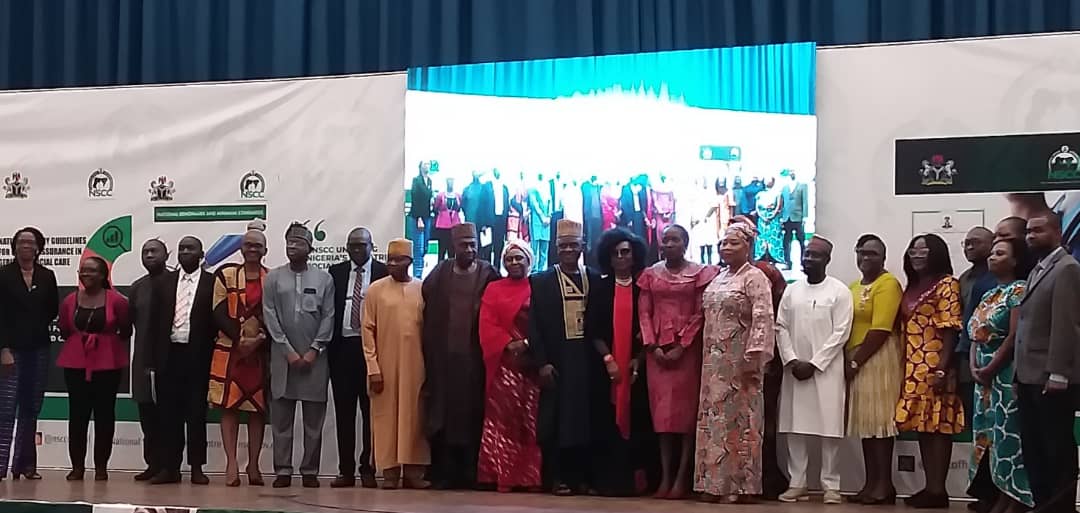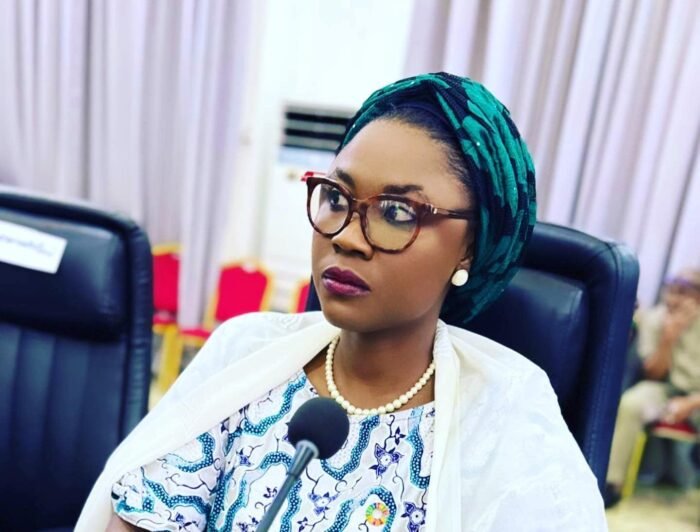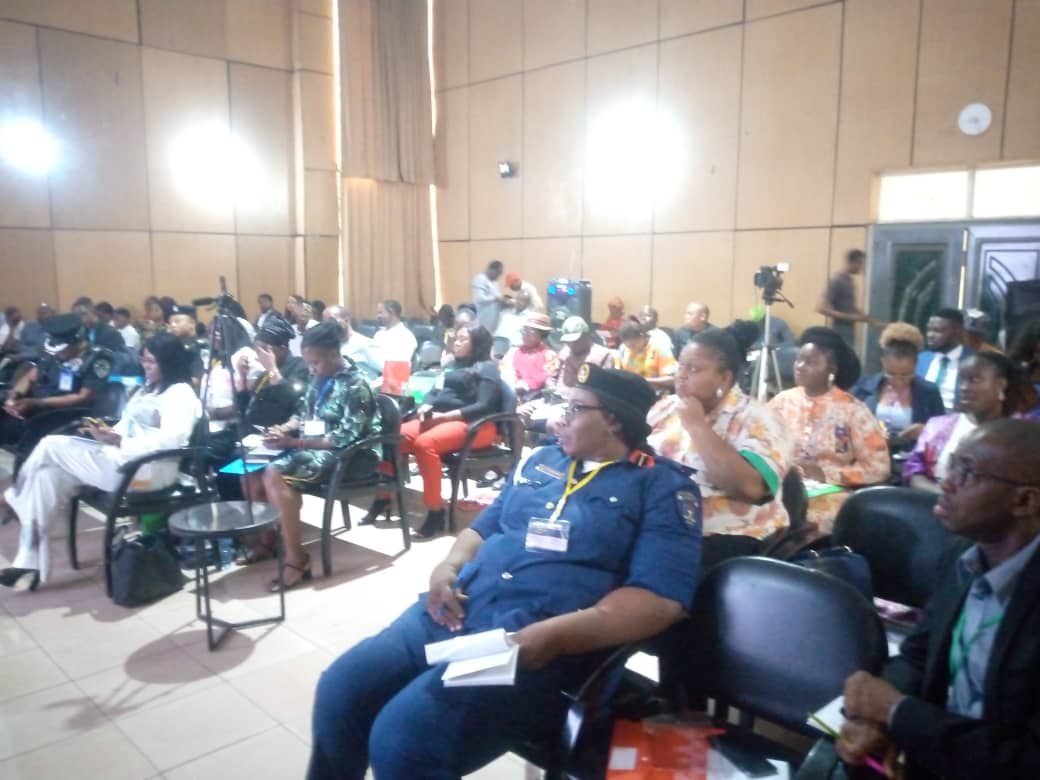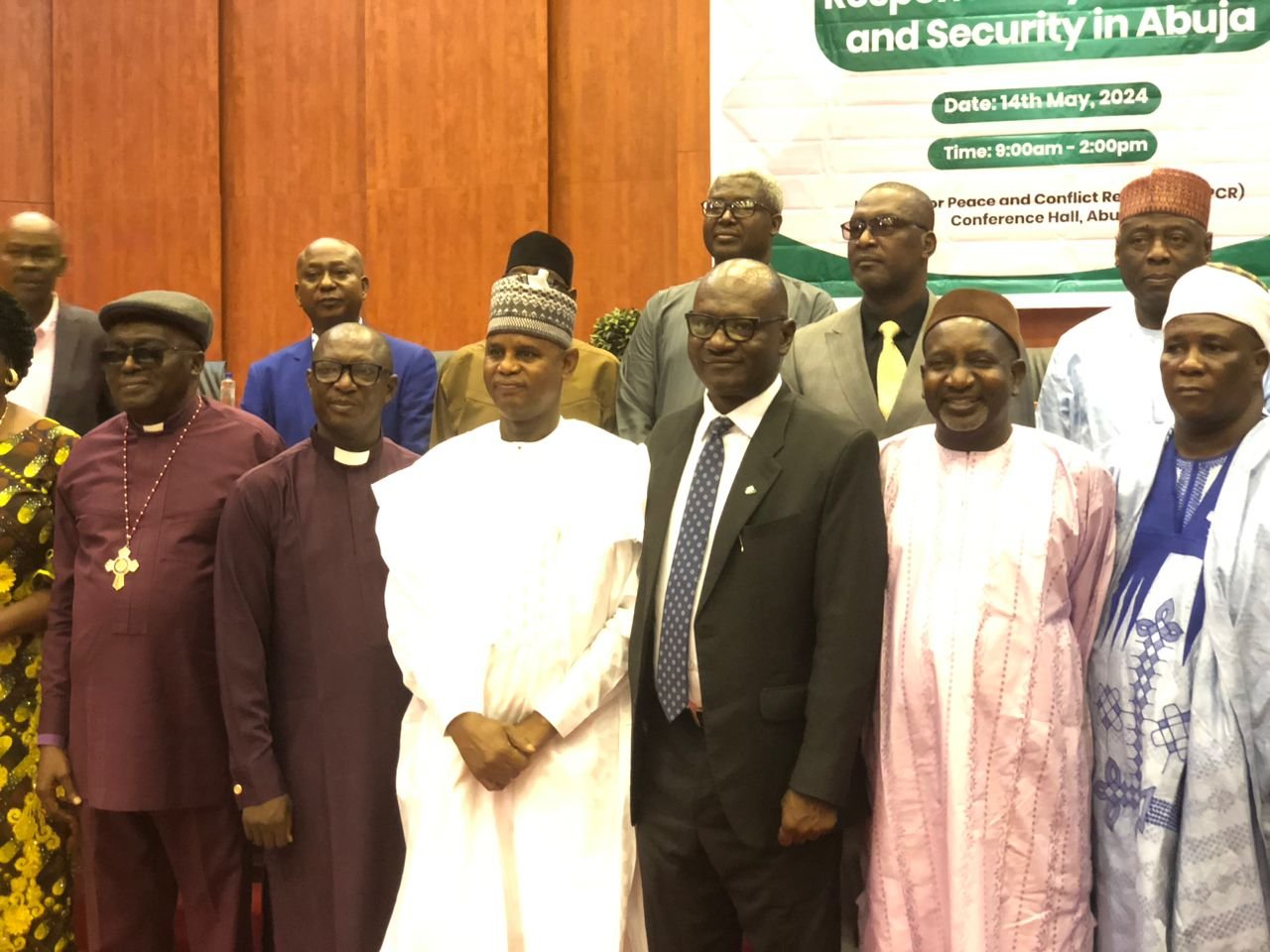149 total views today
By Funmilayo Adeyemi
Prof. John Peters, a faculty of the United Kingdom leadership development organisation, TEXEM, says CEOs and directors know that in the present turbulent times, organizations face multiple global and local challenges.
Answering questions on TEXEM’s website, www.texem.co.uk, on the coming programme of the organization billed for Manchester, Peters says the million dollar question is, how can they win in these turbulent times?
The TEXEM faculty asserts that Nigerian executives need strategic leadership and paradigm shift to thrive in such uncertain glocal business landscape.
He said the programme, “Strategic Leadership Unleashed: Thriving In An Uncertain GLOCAL World” will equip Nigerian and global leaders with the agility and foresight to navigate complexity successfully.
“Through this framework, leaders can anticipate market shifts, harness global opportunities, and address local nuances adeptly.
“For instance, adept strategic leaders can leverage cross-cultural insights to expand operations internationally while remaining rooted in local values, thus fostering sustainable growth.
“A prime example of a company embodying these principles is Dangote Group, which, under the strategic leadership of Aliko Dangote, has successfully expanded its footprint continent-wide while maintaining its Nigerian roots,” Peters said.
According to him, these topics and more will be covered during the forthcoming TEXEM programme, which will be held in Manchester between May 26 and May 30.
John Peters, former Chair of the Association of MBAs (an organisation that accredits Harvard, Stanford, Wharton and IMD), is a top world leadership speaker and survivor par excellence. He was a Prisoner of War during the Gulf War 1.
He will be among the three faculty members delivering the TEXEM programme titled ‘Strategic Leadership Unleashed: Thriving In An Uncertain GLOCAL World’, which is billed for Manchester.
Other faculty members include Prof. Rodria Laline (the inventor of the IP being used on all ATMs globally, Former SVP for Oracle in Asia Pacific and Harvard, INSEAD & IMD Professor)
Prof. Paul Griffith (the World’s first Professor of Management to lead a team to launch a rocket into space) is also a faculty on this programme.
Peters says understanding the changing roles of strategic leaders in these increasingly disruptive global and local times enables leaders to adopt a more holistic approach to decision-making to win.
He added that it enables balancing short-term objectives with long-term considerations, creating value for all stakeholders, and ensuring the resilience and longevity of their organisations.
Peters further explained how pressure can be utilised as a catalyst for innovation in problem-solving within an organisation.
“Pressure can be a powerful catalyst for innovation in problem-solving within an organisation by fostering urgency, resourcefulness, adaptive thinking, risk-taking, collaboration, learning, adaptation, and motivation among individuals and teams.
“When harnessed effectively, pressure can fuel creativity and drive positive change, leading to breakthrough solutions that propel the organisation forward,” he said.
Peters said leaders can employ several strategies to recognise a crisis as an opportunity for transformation and organisational excellence.
According to the faculty, one of the strategies
is to embrace a growth mindset, by reframing challenges as opportunities and building the organisation’s core competence to respond to external threats.
Peters says in this way, leaders can inspire a culture of resilience and creativity within the organisation.
He said another strategy is to stay agile and adaptive explaining that by staying nimble and open to new possibilities, leaders can identify opportunities for transformation and guide the organisation towards excellence.
Peters also prescribed encouragement of innovation saying by fostering a culture of innovation, leaders can harness the collective intelligence of their workforce to overcome challenges and seize opportunities.
Focusing on purpose and values is another strategy prescribed by the TEXEM faculty.
According to Peters, by anchoring decision-making and actions in core principles, leaders can ensure alignment and coherence across the organisation.
He said they can also guide efforts towards transformative outcomes that uphold the organisation’s mission and vision.
Peters suggested communicating transparently, explaining that transparent communication fosters trust, builds resilience, and encourages collective problem-solving, laying the foundation for organisational excellence.
He urged leaders and executives to empower and support employees saying by investing in employee well-being and development, leaders can foster a motivated and resilient workforce capable of driving transformation.
Peters advised them to learn from adversity asserting that by embracing a mindset of continuous learning and improvement, leaders can leverage crises as catalysts for organisational excellence.
“For example renowned organisations such as Disney, Microsoft, Uber and Airbnb were all founded during economic crises.
“If they can thrive despite the challenging external environment so can Nigerian organisations,” the faculty said.
Another strategy he prescribed for the leaders is to lead by example saying by embodying the values and behaviours they wish to see in others, leaders can inspire confidence, foster trust, and galvanise collective action towards transformative outcomes.
“By attending the forthcoming TEXEM programme you will be able to glean fresh insights into how to win in these volatile times,” Peters said.
He offered some insights from Nigerian organisations and how their experiences can offer some lessons applicable to other contexts.
Referring to the Dangote Group again, he said that one key strategy that has contributed to the group’s resilience is diversification.
“The lesson here is the importance of diversification in building resilience and sustaining growth, particularly in volatile environments.
“Another is Guaranty Trust Bank: GTBank has leveraged technology to expand its reach and offer customers innovative financial products and services.
“The lesson here is the importance of embracing digital transformation and innovation to adapt to changing market conditions and meet customers’ evolving needs,” Peters said.
He also mentioned the Lagos State Government as another Nigerian entity with commendable core competence.
“The Lagos State Government has implemented various initiatives to ameliorate challenges such as traffic congestion, infrastructure deficits, and environmental degradation.
“The lesson here is the importance of proactive governance, strategic planning, and public-private partnerships in addressing complex challenges and driving sustainable development.
“Overall, many Nigerian organisations have demonstrated resilience, innovation, and adaptability in navigating crises, uncertainties and challenges,” Peters said.
He said the key lessons from their experiences include the importance of diversification, digital transformation, innovation, collaboration, and proactive governance in building resilience and sustaining growth in uncertain environments.
“While these lessons can be applied to challenges of the past, there is an urgent need to glean new insights on how to address present and future challenges such as how does geopolitics affect organisation’s particularly in emerging markets and how can leaders turn these headwinds to tailwinds,” Peters said.
Peters, Laline and Griffith will leverage TEXEM’s tested and proven methodology that makes learning engaging, experiential, actionable and beneficial at the programme. (NAN) (www.nannews.ng)
Edited by Razak Owolabi




